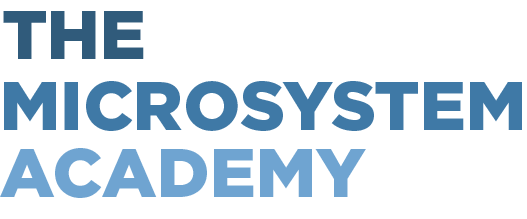Programs /
Relational Dimensions of Improvement and Change
Relational Dimensions of Improvement and Change
Relational coordination (RC) is a body of knowledge that informs change in an organization specific to relationships and communication.
This interactive workshop includes the origins of relational coordination (a theory developed by Dr. Jody Hoffer Gittell) and teaches multiple change models and interventions that can be applied in practice. Participants will work with a real team and “learn by doing.”
Effective teamwork requires more than a group of individuals skillfully carrying out their specialized tasks. It requires interdependence: the ability of the team members to understand how their work processes intersect and to respond to each other’s changing needs and circumstances. What’s more, they need to be able to do this in real-time.
Since 2009, clinician-consultant-researchers Marjorie Godfrey and Tony Suchman have been developing practical workplace applications of RC theory, creating powerful interventional approaches for improving work processes, fostering positive work environments and improving performance and team dynamics. The RC Workshop teaches multiple models, interventions and tools including the RC Survey, RC Mapping (Dr. Jody Hoffer Gittell), Microsystem Improvement Process (MIP) (Dr. Marjorie M. Godfrey,) influence mapping (Dr. Edgar Schein) and several change models.
Who should take this Program?
Anyone interested in using relational coordination in practice, including:
- Organizational change leaders
- Consultants
- Team Coaches
- Front line team members
Program Completion:
Participants who complete the program receive a certificate, a digital badge and a waived application fee for Level 1 RC Certification with the submission of an application.
Logistics:
Part 1: An initial 2-hour welcome and orientation on Zoom
Part 2: One session that includes 3 consecutive days featuring videos, case examples, instruction and practice (either virtual or in-person)
Part 3: Two 2-hour video conference calls to discuss and learn from participants’ actual work in progress. To tailor the session to your needs, we will ask you to submit brief reports before each meeting.
Faculty will provide reflections and offer insights to support your development over the course of this program.
Program Materials:
Required Book (to be purchased by the participant)
Participants are expected to have access to a personal computer, updated software, and reliable internet access. Online learning sessions are conducted via ZOOM, and participants are strongly encouraged to use a web camera during all online learning sessions. Participants will have access to course materials and upload assignments via a learning management platform such as Canvas.
“The course was very concrete; the combination of examples and evidence-based knowledge made it an eye-opener in many ways.”
“The mock consultation was wonderful and appreciated the wealth of knowledge shared.”
“Some ‘aha’ moments for assessing success in my projects.”
